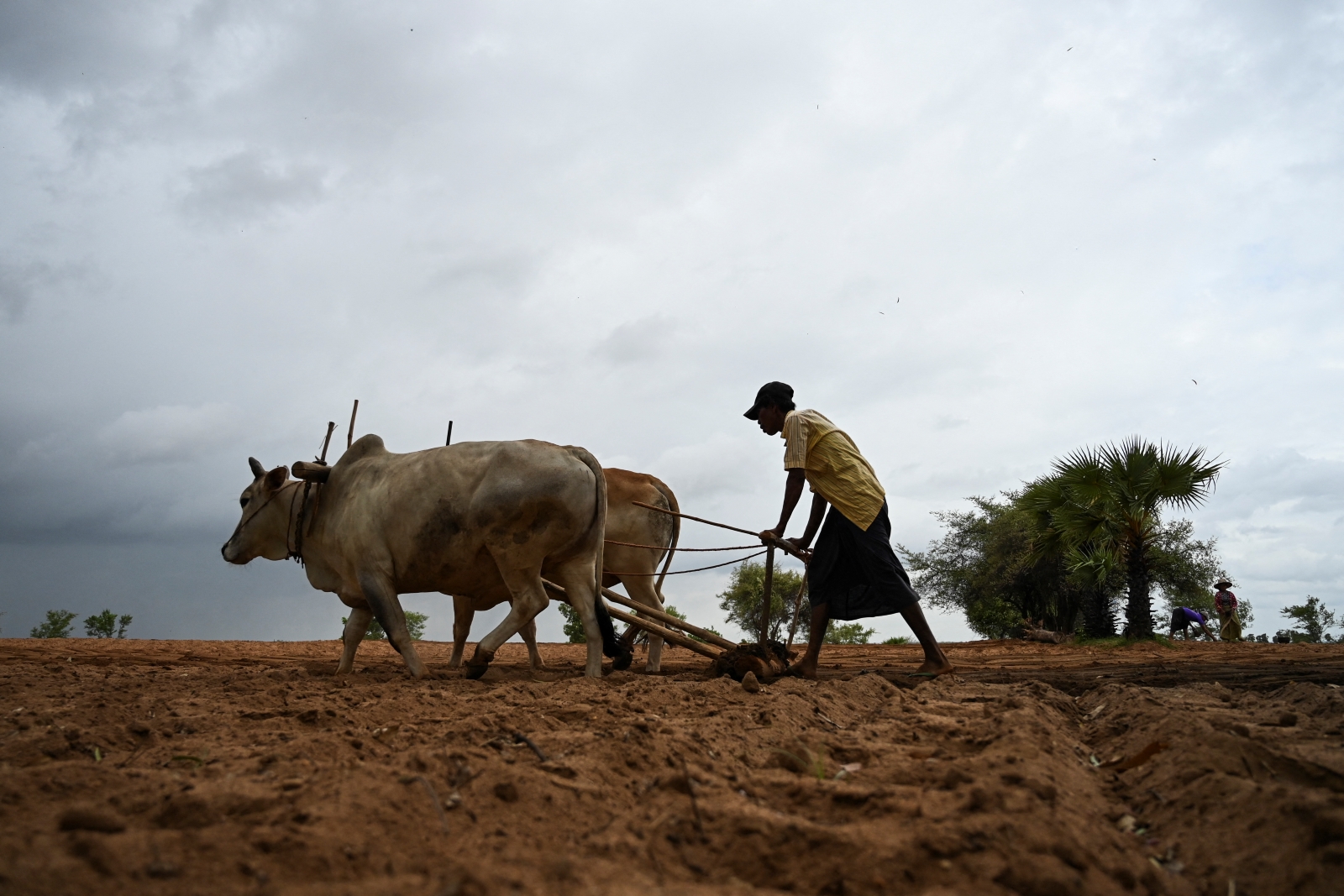By THOMAS KEAN | FRONTIER
YANGON — Myanmar is better-placed than most countries in the region to weather the looming global economic downturn sparked by the COVID-19 pandemic, the World Bank says, but needs to focus on deploying resources to the health sector and softening the blow to individuals and businesses.
The World Bank has downgraded Myanmar’s GDP growth forecast for 2019-20 fiscal year to between 2.0 and 3.0 percent, down from 6.3pc, but is still anticipating higher growth rates in Myanmar than most developing economies in the East Asia and Pacific region.
This is in part because of Myanmar’s strong performance in the first half of the fiscal year, from October 1 to March 31, the World Bank said.
Myanmar’s economy has already been hit by the effects of the pandemic, with tourism, the garment sector and agriculture exports all suffering.
Mr Hans Anand Beck, the World Bank’s chief economist in Myanmar, said much could be done to both preserve economic performance and minimise the human costs of the COVID-19 pandemic.
“It’s critical to look at saving human lives and minimising the impact of COVID-19 on people,” he said.
“This means stopping the spread of pandemic and taking measures to boost spending in health. It also means providing income support for households. For businesses, it means deferring tax payments, making credit available and generally taking measures to ensure business continuity.”
Beck said the Myanmar government had already taken some positive steps to respond to the health and economic risks posed by COVID-19, such as the early introduction of social distancing measures and a stimulus package for businesses. The government was considering what further action to take, he said.
“It’s about being innovative to redeploy resources to the health frontline,” he said, noting that in other countries factories have been retooled to produce medical equipment needed for the health response.
“It’s about making health budgets bigger and also softening the blow for individuals by, for instance, offering income support, and focusing on containment, tracking and testing. All this costs money and in the Myanmar case the government is responding.”
In its April economic update, East Asia and Pacific in the Time of COVID-19, the World Bank said regional growth was likely to crash from the previously forecast 5.8pc to 2.1 percent this year, and could even decline to 0.5pc in a lower-case scenario. Either way, many countries are facing the prospect of a global financial shock and recession due to COVID-19.
“We are witnessing an unusual combination of disruptive and mutually reinforcing events. Significant economic pain seems unavoidable in all countries,” the World Bank said.
Myanmar’s economic growth is expected to return to between 4.0 and 6.0pc in 2020-21, but the World Bank also warned that Myanmar faces significant downside risks due to uncertainty over how long the COVID-19 pandemic will last, and the scale of a domestic outbreak.
“The [Myanmar] economy can recover quickly with the right mix of health and economic policies,” it said. “Building on early announcements the government should focus on adding health resources where most needed, supporting firms with access to credit and households with temporary relief for lost incomes.”
In a March 25 report, Fitch Solutions, a country risk and industry research firm, forecast that Myanmar’s economic growth would slow to 3.6pc in 2019-20, down from 6.3pc. It said the government’s fiscal stimulus measures would help soften the blow of the COVID-19 pandemic on businesses, but were unlikely have a material impact on growth in the near term.







